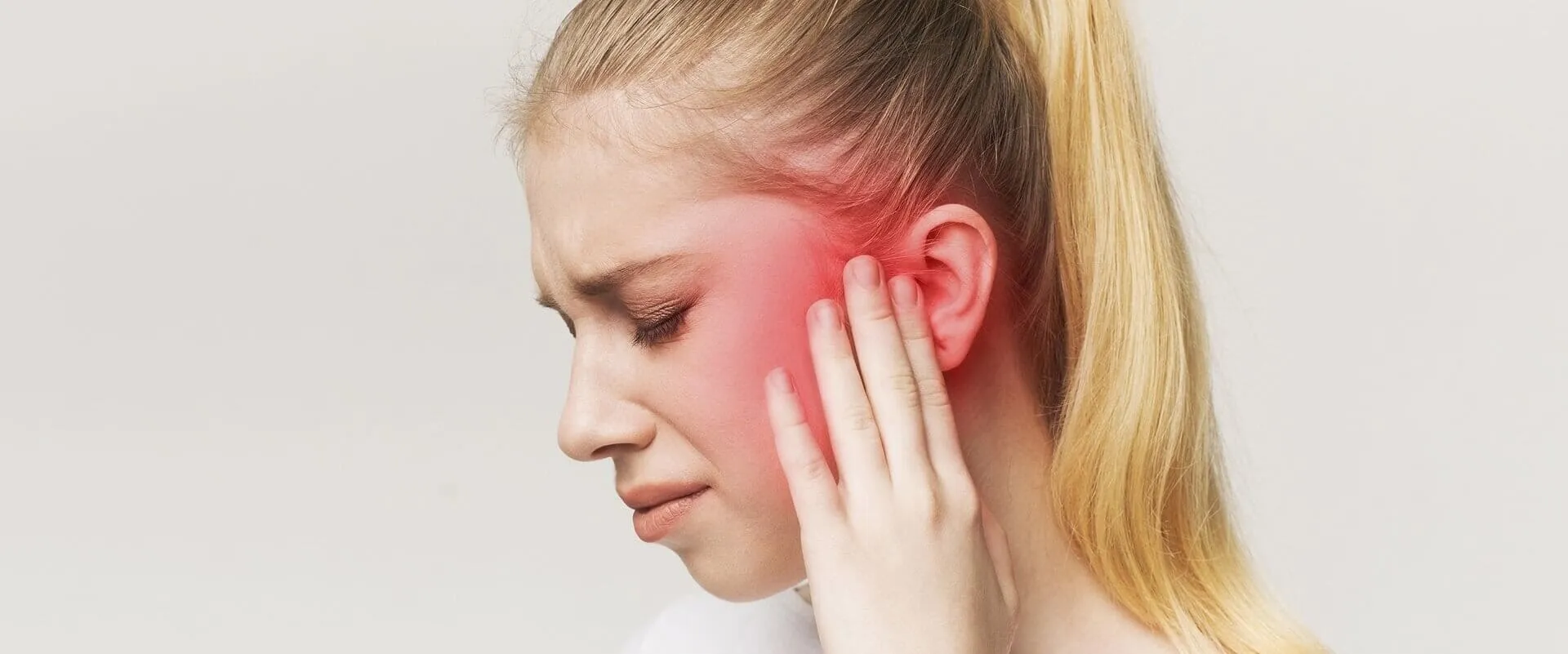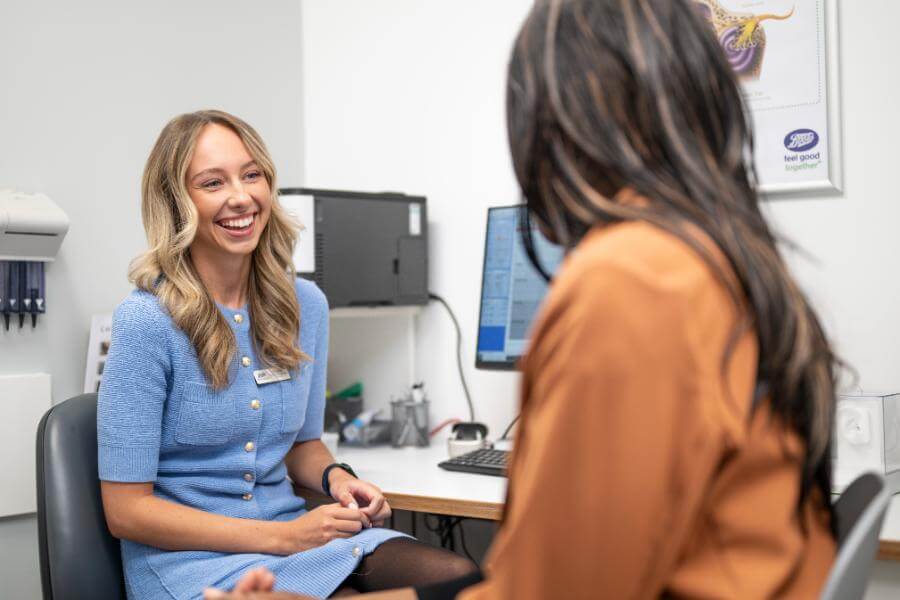Ear infection remedies at home

Ear infection remedies at home
4 minutes
Published 4 June 2020
Reviewed : 19 January 2025
Have you ever faced a situation where you felt the need to see a doctor or hearing health professional about an especially troublesome ear infection - but simply can’t?
Ear infections are nasty at the best of times, and dealing with one while waiting for a medical appointment to become available can be frustrating. Luckily though, there are steps that people with ear infections can take to help reduce the effects of symptoms.
Boots Hearingcare looks at some safe and effective home remedies for an ear infection to try when expert help and advice isn’t immediately accessible.
1. Distraction
This method mainly works best for children suffering with ear infections, but adults can also benefit. The idea is to make them as comfortable as possible, and to take their mind off the pain as well as prevent any interference with the infected ears.
A few ways to distract your child from their ear infection include:
• Playing games together
• Giving them a colouring book
• Putting on their favourite film
• Treat them to a favourite snack
Also, if your child is teething, make sure you have a cold toy at hand for them to chew. This may help divert attention and relieve pressure on infected ears.
2. Switching sleep position
The last thing an infected ear needs is pressure. If your sleep position involves lying on the affected ear, you’ll definitely want to think about changing things up.
Raise your ear rather than have it face the pillow, which not only relieves pressure but also helps it drain better. At the same time, faster drainage may be achieved by elevating your head with some extra pillows.
3. Neck exercises
Another great home remedy for an ear infection is doing neck exercises. Because some ear infections are exacerbated by pressure in the ear canal, relieving this is crucial to keeping symptoms at bay. And given the connection between neck, jaw, and ear muscles, you’re almost sure to notice an improvement from the infection with some light workouts.
Neck rotations should be performed with the following steps in mind:
• Sit up straight while ensuring both feet remain flat
• Rotate your neck and head one way until parallel with your shoulder
• Rotate the other way, until parallel with your other shoulder
• Raise shoulders high, as if trying to cover your ears
• Move slow, hold gently, stretching to the count of five, then relax
• Repeat at regular intervals throughout the day for optimal effectiveness
Just remember not to strain too hard while rotating your neck. If you feel like you’re overdoing it, take a break.
4. Compresses
A compress of some kind may be useful for soothing and drawing out infections of the ear. From ice packs to warm compresses; heating pads to damp washcloths, there are versatile options to relieve pain brought on by an ear infection.
Either hot or cold compresses will serve as an effective home remedy for ear infections; try each to see which you prefer. Some sufferers even alternate between hot and cold every 10 minutes, so they get the best of both worlds.
5. Blow-drying
While you may not initially think of your blow-dryer as being an effective home remedy for an ear infection, it really can make a difference. Blow-drying the ear can help dry up any leftover moisture; for instance, after being in the bath or shower. This will also help with any discharge problems you may be experiencing as a result of an ear infection.
Point your blow-dryer on a low heat near the affected ear and remember, always be gentle.
6. Over-the-counter (OTC) pain relievers
Sometimes pain from an ear infection is so intense only over-the-counter (OTC) pain relievers will make it go away. Ibuprofen or paracetamol have been known to help, though if you can, you’ll always want to check with your doctor or a medical professional who knows your history to be sure.
Most OTC pain relievers are safe to use with antibiotics but only if you follow the correct dosing instructions as indicated on the label. Over-the-counter pain meds may also help lower any ear infection-related fever.
Children should only be given the appropriate child-friendly formulation of OTC pain relievers. You’d be wise to try an alternative ear infection home remedy until you can discuss their case with a hearing specialist or pediatrician.
Although ear infections can be painful and troubling, it may be possible to treat them with one or more home remedies. However, if these don’t work, be sure to arrange a visit with a qualified hearing professional or your GP.
Are home remedies not helping alleviate your ear infection? Make an appointment with Boots Hearingcare to determine the best course of action at this point.
Author
Boots Hearingcare
Boots Hearingcare



